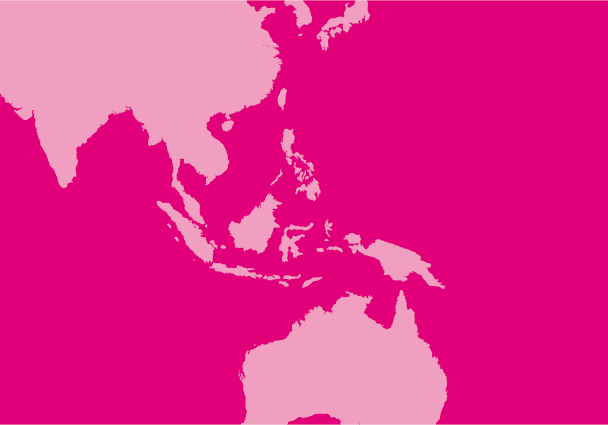Human rights defenders in Nepal face grave threats amid the country’s deepening human rights crisis, Amnesty International, Human Rights Watch and the ICJ said today.
The Nepalese government and the United Nations must begin effective implementation of an agreement signed Tuesday providing for U.N. assistance to the National Human Rights Commission (NHRC) in monitoring human rights.
Recently a number of human rights defenders, including journalists, lawyers, NHRC staff and local human rights activists, have faced increasing harassment from both security forces and the Communist Party of Nepal (Maoist). Human rights defenders have been killed, detained under anti-terrorist legislation, abducted, tortured and threatened, and the offices of human rights organisations have been raided.
“Human rights defenders in Nepal play an indispensable role in protecting people against the appalling abuses committed by both the security forces and Maoist insurgents,” said Ingrid Massage, Asia Director at Amnesty International. “Attacks on human rights defenders not only violate their rights, but also greatly increase the vulnerability of all Nepalis.”
The heightened threats occur as the international community reacts to the human rights situation with growing alarm. The UN Working Group on Enforced or Involuntary Disappearances (WGEID) concluded a visit to Nepal on Tuesday having received more reports of disappearance cases than from any other country in the world.
A high-level European delegation — the EU Troika led by the Netherlands — which is visiting Nepal this week, noted a “rapidly deteriorating human rights situation” and called the “intimidation and harassment of human rights defenders” “absolutely unacceptable.” Following its eight-day mission in late-November, the International Commission of Jurists also called for urgent steps to protect non-combatants and halt Nepal’s spiraling descent into lawlessness.
“The increased scrutiny of Nepal’s human rights crisis by the UN human rights experts and the European Union is a signal of growing international concern,” said Nicholas Howen, Secretary-General of the International Commission of Jurists. “But what happens to the victims and the human rights defenders once the dignitaries have left? The government and Maoists must allow human rights defenders to operate freely. The UN must give the NHRC its backing at the highest level to monitor and call both parties to account.”
The Memorandum of Understanding agreed on Tuesday between the Nepalese government and the U.N. Office of the High Commissioner for Human Rights commits the government to accept international assistance to the National Human Rights Commission, but leaves key details to be negotiated.
“Effective human rights monitoring is the key,” said Brad Adams, Asia director of Human Rights Watch. “The U.N. High Commissioner for Human Rights should ensure a sufficient number and seniority of OHCHR advisers with full access to rural areas. But technical assistance alone will not be enough. The UN Commission on Human Rights will also have to act in the face of escalating gross abuses.”
Nepal-human rights defenders threat-press release-2004 (text, PDF)




